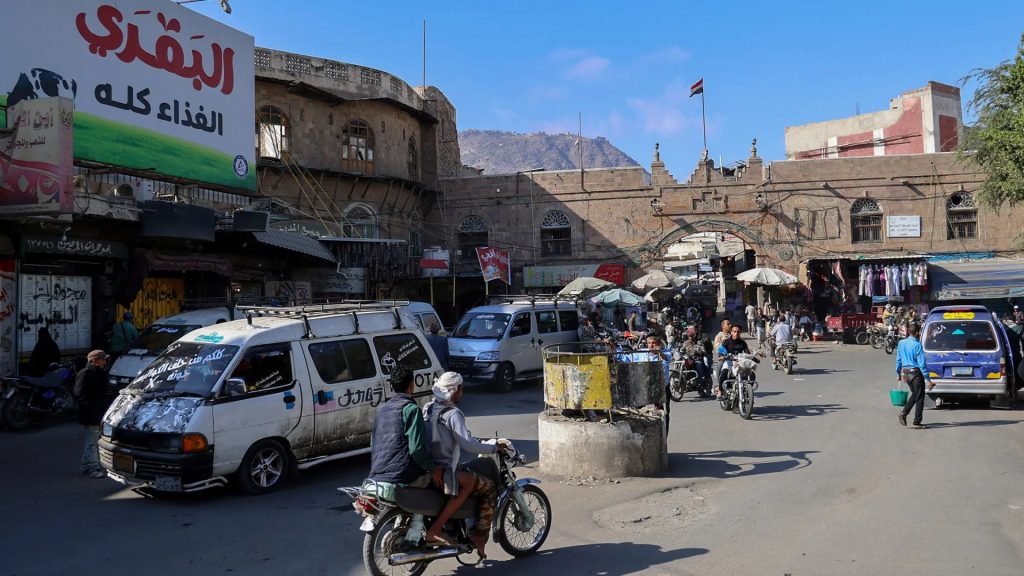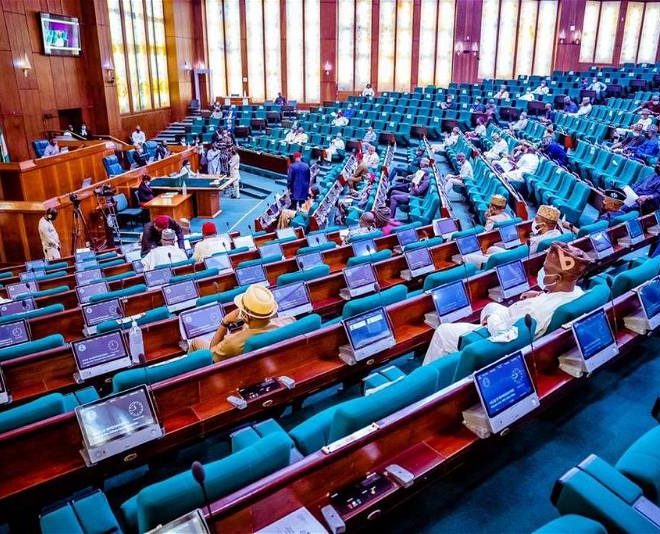Africa
My son would never touch that stuff! – The dangers of denial in Nigerian parenting

Psychiatrists have raised alarm over the rising trend of drug abuse among Nigerian youths, blaming parental denial as a major factor.
According to the experts, many parents shield children involved in drugs, unknowingly fuelling a crisis that is fast consuming the country.
A report by the United Nations Office on Drugs and Crime (UNODC) reveals that 14.4% of Nigerians abuse drugs.
The survey found that 14.3 million people between 15 and 64 years used drugs for non-medical purposes in the past year.
This translates to one in every seven Nigerians within that age group, the report added.
UNODC further disclosed that one in five high-risk drug users injects drugs like opioids, cocaine, and heroin.
The report said men inject more frequently, but women were more likely to inject heroin.
Supporting these figures, the National Drug Law Enforcement Agency (NDLEA) confirmed over 14 million Nigerians, including children, misuse drugs.
Speaking exclusively on health, Dr. Sunday Amosun of the Neuropsychiatric Hospital, Aro, said denial from parents worsens the situation.
He observed that many parents refuse to accept when told their child has been caught with drugs or alcohol.
Dr. Amosun said this reaction allows addiction to grow unchecked in many Nigerian homes.
“When told your child smokes or drinks, don’t dismiss it. Denial worsens drug abuse,” he warned.
He urged parents to recognise early signs and ask hard questions before the situation escalates.
The psychiatrist called for parental training to spot signs of drug use and respond appropriately.
He also stressed the need for schools and churches to join the anti-drug campaign through education and counselling.
Amosun suggested that schools integrate drug education into the curriculum alongside moral instruction.
He encouraged schools to provide recreational activities to help prevent student involvement in drugs.
“Religious bodies should preach about drugs during sermons and prayers,” he said.
Consultant Psychiatrist Dr. Kehinde Oderinde from UBTH added that behavioural changes can reveal drug abuse in children.
He noted that withdrawal, mood swings, and irritability are common signs of substance misuse.
Physical symptoms like bloodshot eyes, poor hygiene, and weight loss may also indicate drug use.
According to him, addicts may become secretive, aggressive, or take unnecessary risks like unsafe sex or drunk driving.
He added that financial struggles, school problems, and mental health issues may also appear in drug users.
Dr. Oderinde advised parents to take swift action when they notice warning signs to save their children early.
For Diaspora Digital Media Updates click on Whatsapp, or Telegram. For eyewitness accounts/ reports/ articles, write to: citizenreports@diasporadigitalmedia.com. Follow us on X (Fomerly Twitter) or Facebook












